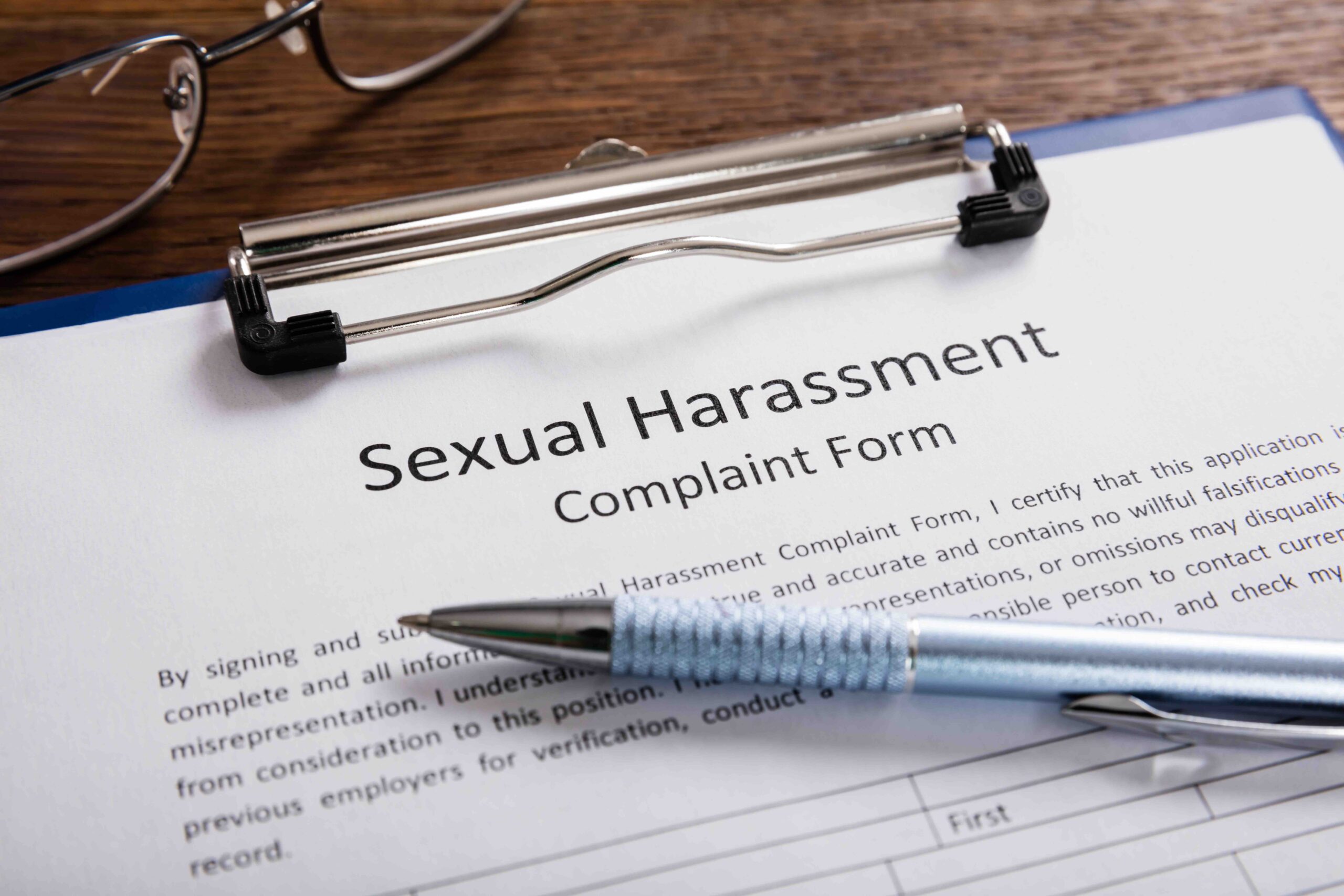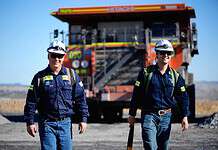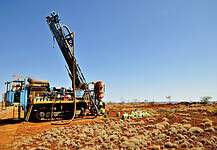Positive Duty demands change in sexual harassment response

The Australian Human Rights Commission will have new powers from 12 December 2023 to investigate and enforce an employer’s positive duty under the Sex Discrimination Act 1985.
Positive duty, introduced in December 2022, was a key recommendation of the Commission’s Respect@Work Report, led by former Sex Discrimination Commissioner Kate Jenkins AO and published in March 2020.
It imposes a legal obligation on organisations and businesses to take proactive and meaningful action to prevent certain unlawful conduct from occurring and to create safe, respectful and inclusive workplaces for everyone.
Trauma Informed Practice Training (TIPT) founder Tanya Hallett says that while individual states offer objective tools and resources for addressing sexual harassment and assault in the mining industry, more needs to be done.
“Some resources and training exist for prevention of sexual harassment but there is limited-to-no training available on how to respond appropriately to disclosures of sexual harassment or assault as the supervisor or manager on site,” she said.
“There is a definite knowledge gap in responding to reports of harassment and assault in a trauma-informed way which mitigates psychosocial risk.
“Employers must be proactive about preventing and responding to sexual harassment to meet new requirements for positive duty.”
Safe Work Australia defines psychological risks as anything that could cause psychological and physical harm.
TIPT aims to fill that gap for companies by teaching workplaces how to respond to internal reports of assault and harassment in a victim-focused way, as well as have that process transparent to all staff members.
“Managers, supervisors, even other employees need to remember that responding sensitively is absolutely critical in ensuring that the victim of harassment and assault is no further traumatised and damaged psychologically through the reporting process,” Ms Hallet said.
“If the response of the employer is invalidating or implies that the harassment or assault should not be taken seriously, then the victim ends up with more psychological trauma and the workplace has failed to in their legal requirement to mitigate psychosocial risk.”
According to the Report for the Sexual Harassment National Enquiry 2018, the economic cost of sexual harassment claims on the Australian economy is $2.6b in lost productivity, along with $900m in other costs.
“There needs to be much more training done for managers and employees in trauma response if companies are to meet legal requirements for minimising psychological risk in a reasonable and practical way,” Ms Hallet said.
“This means in-depth, practical training which teaches proper, emotionally intelligent responses.”
Ms Hallett has worked within the complex trauma space for more than a decade, as a teacher and trainer.
She has a Cert IV in work health and safety and is a board member of Complex Trauma WA.






































